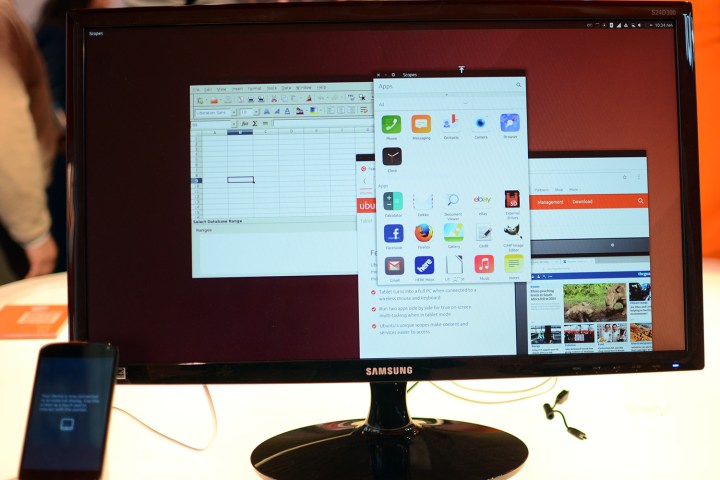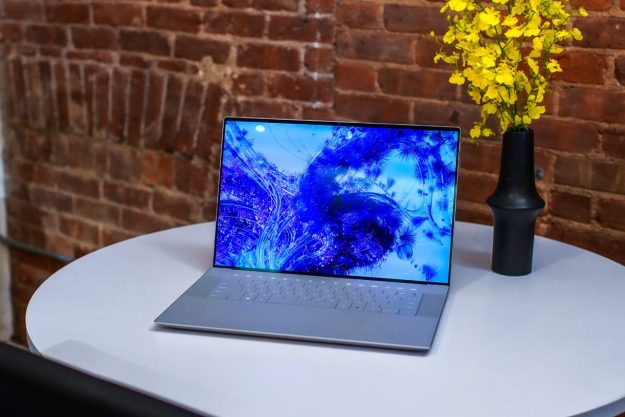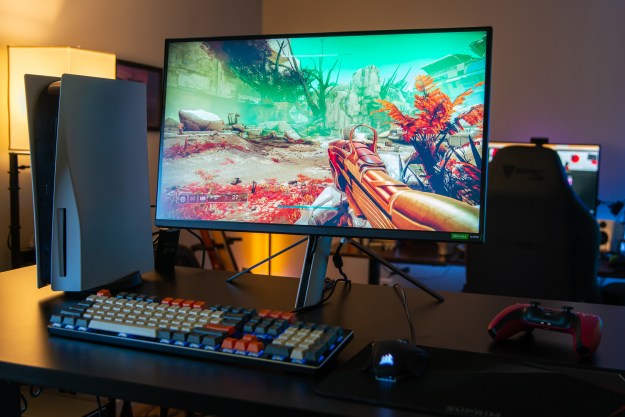
Canonical has given up on that project, however, and the Unity8 user interface that was intended to pull everything together is a victim of that decision. Going forward, Unity8 development will end along with development on the convergence project, as Canonical founder Mark Shuttleworth announced in a blog post.
The hope was that Ubuntu Linux would thrive as a smartphone OS and that the ability to run in desktop mode using the Unity8 user interface as the common theme would elevate and increase its overall popularity. That never happened, however, and instead, Ubuntu is making more headway as a cloud OS and as the brains of a growing number of internet of things (IoT) devices.
As Shuttleworth put it:
“I took the view that, if convergence was the future and we could deliver it as free software, that would be widely appreciated both in the free software community and in the technology industry, where there is substantial frustration with the existing, closed alternatives available to manufacturers. I was wrong on both counts. In the community, our efforts were seen [as] fragmentation not innovation. And industry has not rallied to the possibility, instead taking a ‘better the devil you know’ approach to those form factors, or investing in home-grown platforms.”
Accordingly, Unity8 is going away, and Canonical is shifting the default Ubuntu desktop environment back to GNOME starting with Ubuntu 18.04 LTS. Going forward, Canonical will be putting its development efforts into continuing Ubuntu’s relevance for public and private clouds and IoT as applied to auto, robotics, networking, and machine learning.
Some Linux fans were likely hoping that Ubuntu would make an impact in smartphones and tablets and were tantalized by the possibility of a unified environment that would make switching between phone and A PC-like desktop a simple affair. Unfortunately, that’s not to be, but Ubuntu will nevertheless remain a strong presence on the desktop and in the cloud.
Editors' Recommendations
- The Snapdragon 8 Gen 3 is here, and it’s a big deal for Android phones
- The OnePlus 8T revives the monochrome phone camera, and it’s really good
- The Canon EOS Rebel T8i brings 4K to a $750 budget DSLR


